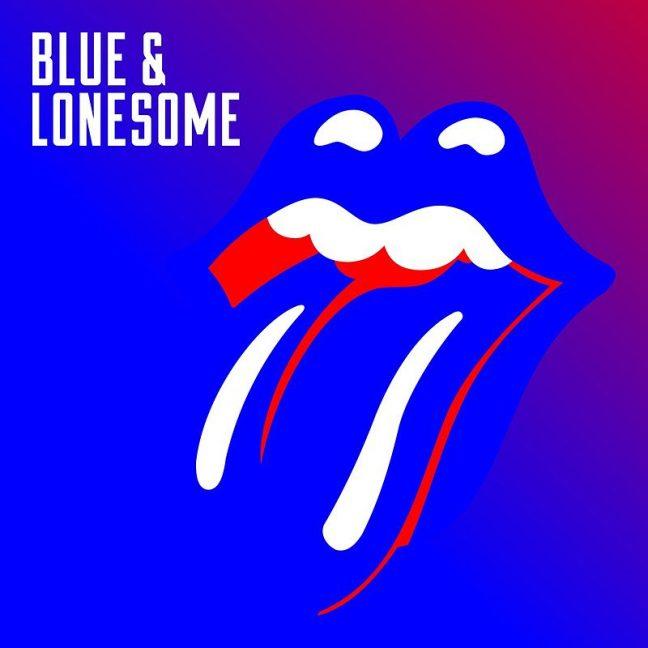There are times in the storied vocation of journalism when words fail the meaning they are trying to convey, faster than the Badgers fail to see out a 21 point lead (but who’s salty?). To say that the Rolling Stones have had a hand in some of these moments would be a gross understatement. No musical individual or entity comes close to matching the singular brand of reverence that makes the Stones the greatest band in the world.
Ergo, readers of this article should be rather merciful when the solitary tête-à-tête that follows below does not do justice to the band’s latest release. Released last Friday, Blue and Lonesome marks the first full-length album by the Rolling Stones since 2005’s A Bigger Bang. In stark contrast to that record’s anthemic, hard-hitting rock, Blue and Lonesome is composed of 12 covers of old Chicago blues standards, the entirety of which was recorded in three rather expeditious days last December.
It is abundantly clear that Blue and Lonesome has been crafted for sheer fun. The dulcet cacophony that is blues music is what the members grew up listening to. Any subsequent music, be it 1969’s “Honky Tonk Woman” or 2013’s “Doom and Gloom,” has always, to some extent, been created in reverence of blues enchanters of the past, from Muddy Waters to the soul-selling Robert Johnson (Google it).
Returning to their proverbial roots results in the band members enjoying their music to a greater extent than their ardent fans. This is a distinctly good thing. Upon listening, it is too easy to picture Mick Jagger gyrations that should look like a constipated chicken running amok instead of the very essence of what a leading man should be — magnetic and attractively cocksure.
It does help that his voice is an effortless cocktail of angelic sorrow and gritty sensuality. Keith Richards and Ronnie Wood smirk and smoke their way through the most labyrinthine of guitar solos with the nonchalance of Usain Bolt sprinting against invalid 85 year olds, while the dapper silence of Charlie Watts is amplified through his drums, making the album’s soulfulness soulful.
The record is intentionally made to sound live, replete with count-ins and Jagger’s adlibs. This only adds to the music feeling like a spokesperson for a self-pleasing jam session. The title track is swagalicious (yes, swagalicious) as a raspy elegy to lost love while “Just Your Fool” is a fast-paced jaunt across the dance floor.
In keeping with that most famed ability of music legends to change moods, “Little Rain” is replenished with the coziness of being in front of a campfire with a cup of hot chocolate, feeling insanely amorous. Mick Jagger’s oft-forgotten brilliance at playing the harmonica shines through, adding to the doleful undertones that make these songs truly bluesy. The woman is (usually) evil. The man’s heart has been whipped and shredded into nothingness. The music, resultantly, is always both dewy eyed and devilishly carefree.
But then, this has always been the band’s propensity — spitting out any emotion, be it the dissidence of “Gimme Shelter” or the feathery caress of “Wild Horses,” with a considerable smattering of hedonistic irreverence. This is music anthemic enough for 1,500,000 Brazilians at Copacabana Beach, yet quaint enough for a speakeasy in Louisiana, complete with dim, low-hanging lights, Jack on the rocks and a damn good cigarette.
The band is most definitely not a nostalgia-fueled heritage foundation. It is part of the furniture of music. The Rolling Stones are music’s apotheosis. The members, just like the listeners, can get satisfaction from the fact. Pun fully intended.


